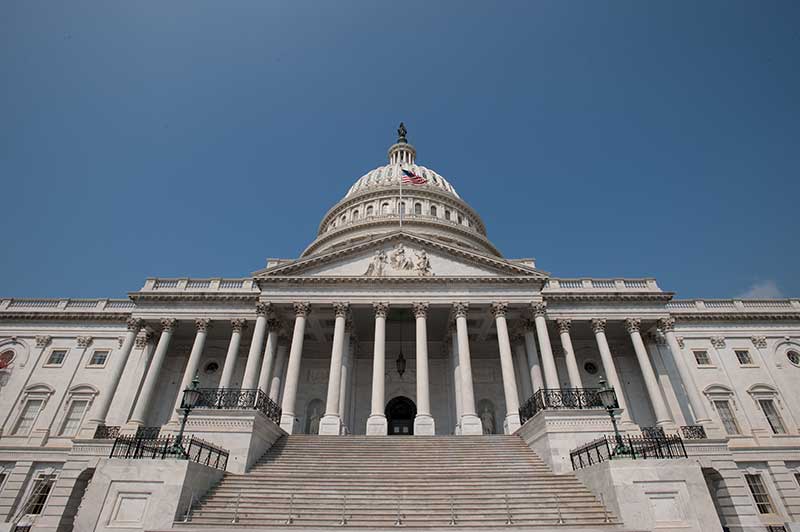
Four expert witnesses on PFAS, including STEEP researcher Elsie Sunderland of Harvard University, testified before the House Science, Space, and Technology Subcommittees on Environment and on Research and Technology on December 7, 2021. The hearing, entitled “Forever Chemicals: Research and Development for Addressing the PFAS Problem”, was held to identify knowledge gaps and technological needs that could be addressed by the Environmental Protection Agency (EPA) PFAS Strategic Roadmap.
Sunderland gave testimony on the current knowledge of PFAS exposure pathways. She explained to the subcommittees that although drinking water is thought to be the major way people are exposed to PFAS, the EPA would need more funding to adequately research all exposure pathways. She also noted that federal agencies and private institutions should be working to learn more about the general public’s PFAS exposure, as previous research has mostly focused on community exposure specifically in known contamination zones.
Sunderland also spoke on the wide variety of PFAS chemicals and their uses – some more necessary than others. According to Sunderland, it is difficult to know the safe doses of each PFAS compound because there are so many. In light of this challenge, she said the EPA should work to determine which PFAS chemicals can be phased out or replaced, and which are essential to society.
Other witnesses testified on topics such as the development of maximum contaminant levels (MCLs) and new technology to recognize and remediate PFAS contamination in water sources. Throughout the hearing, all 14 subcommittee members posed questions to find out what funding and research directives are needed to fill the gaps in knowledge and technology.

